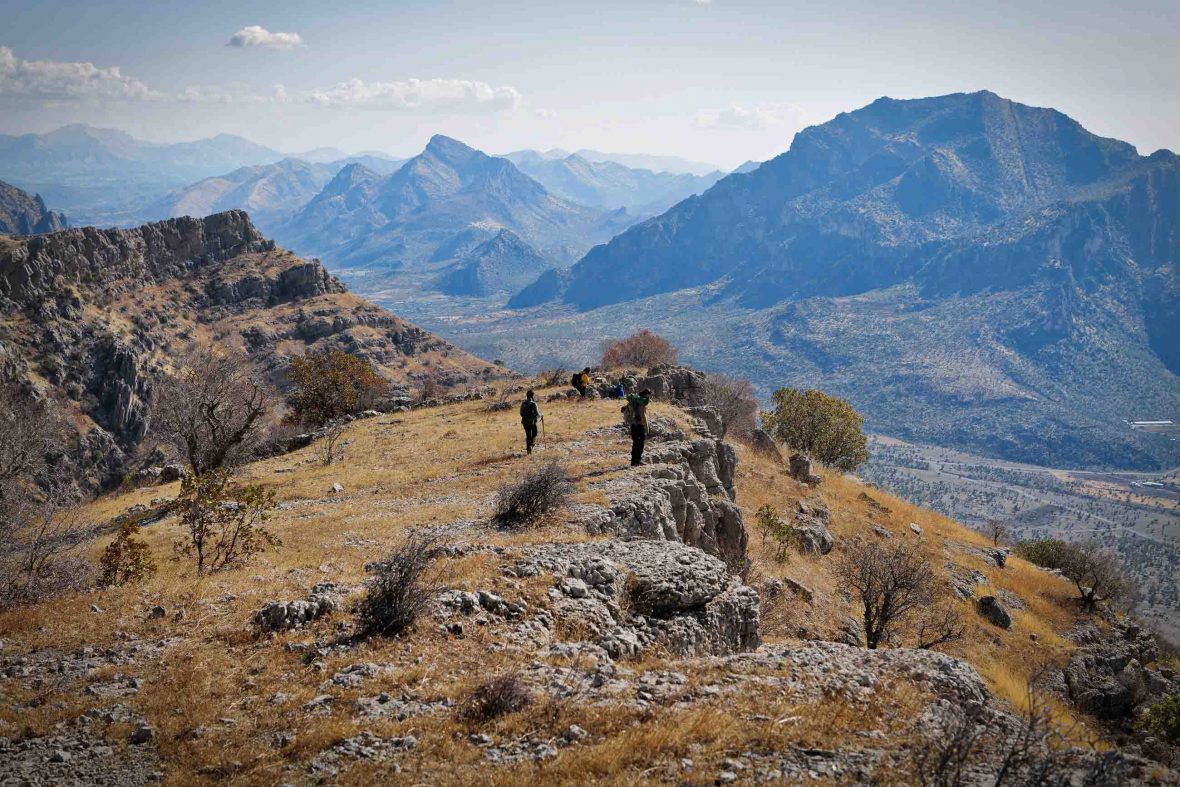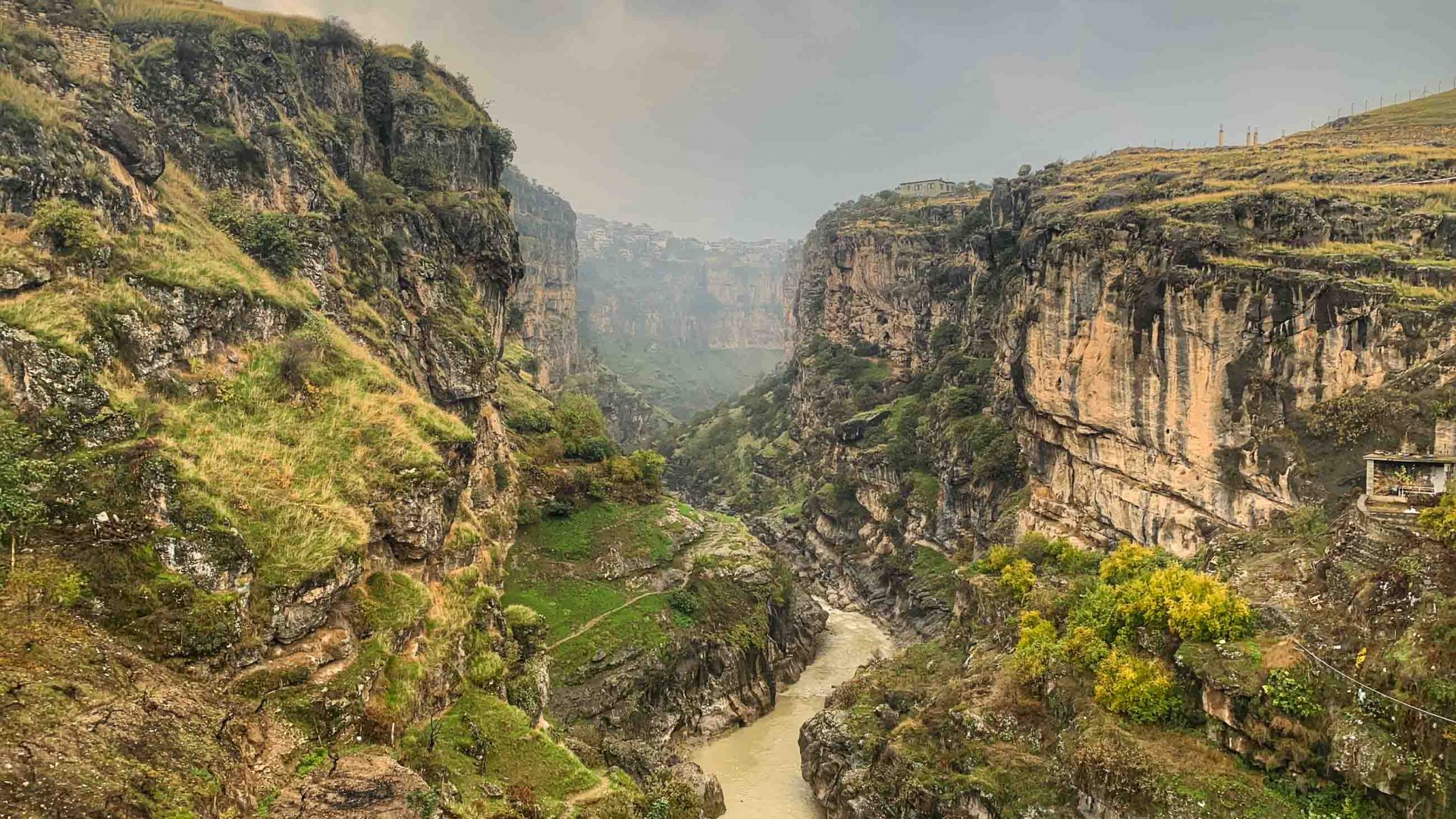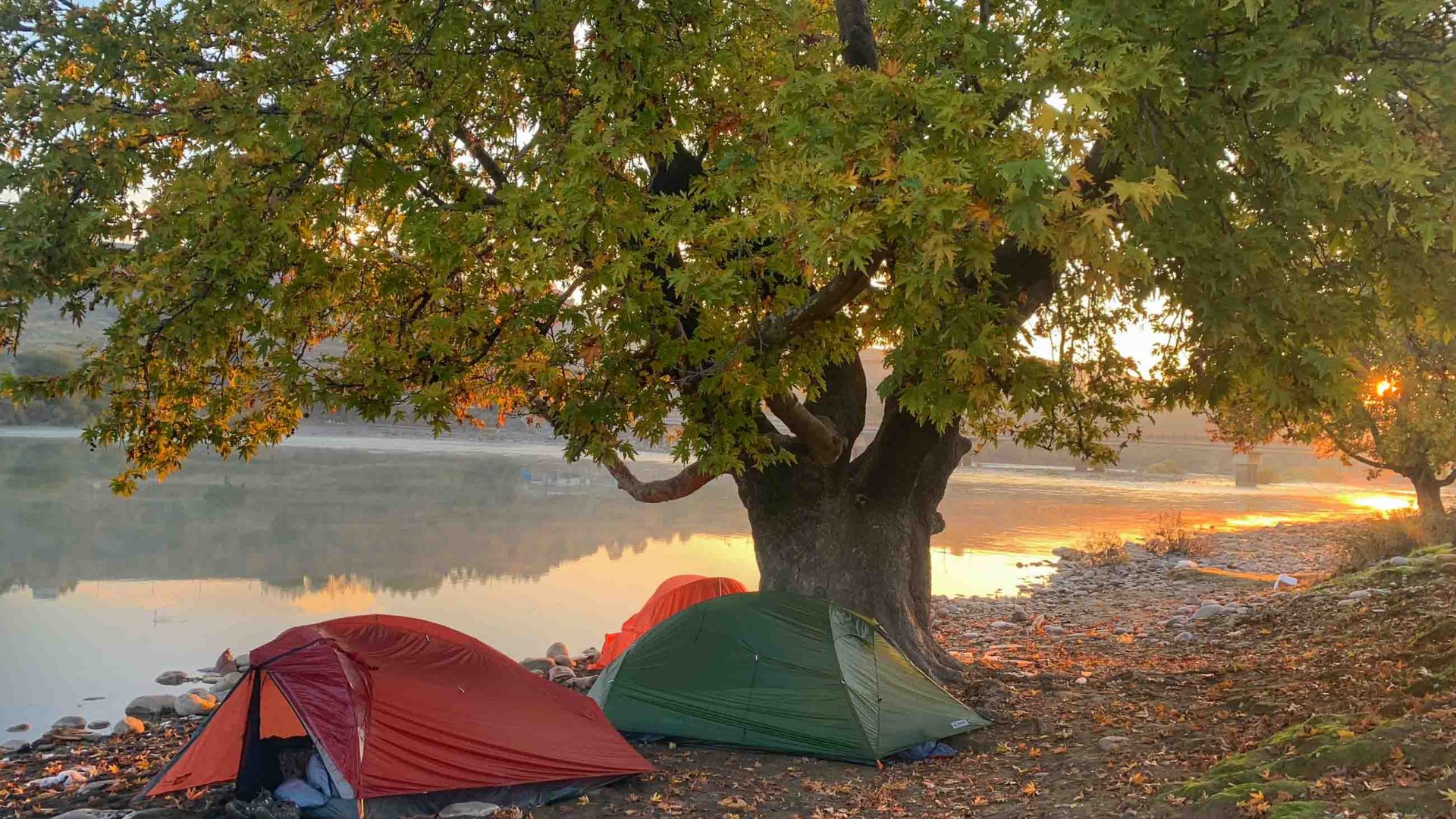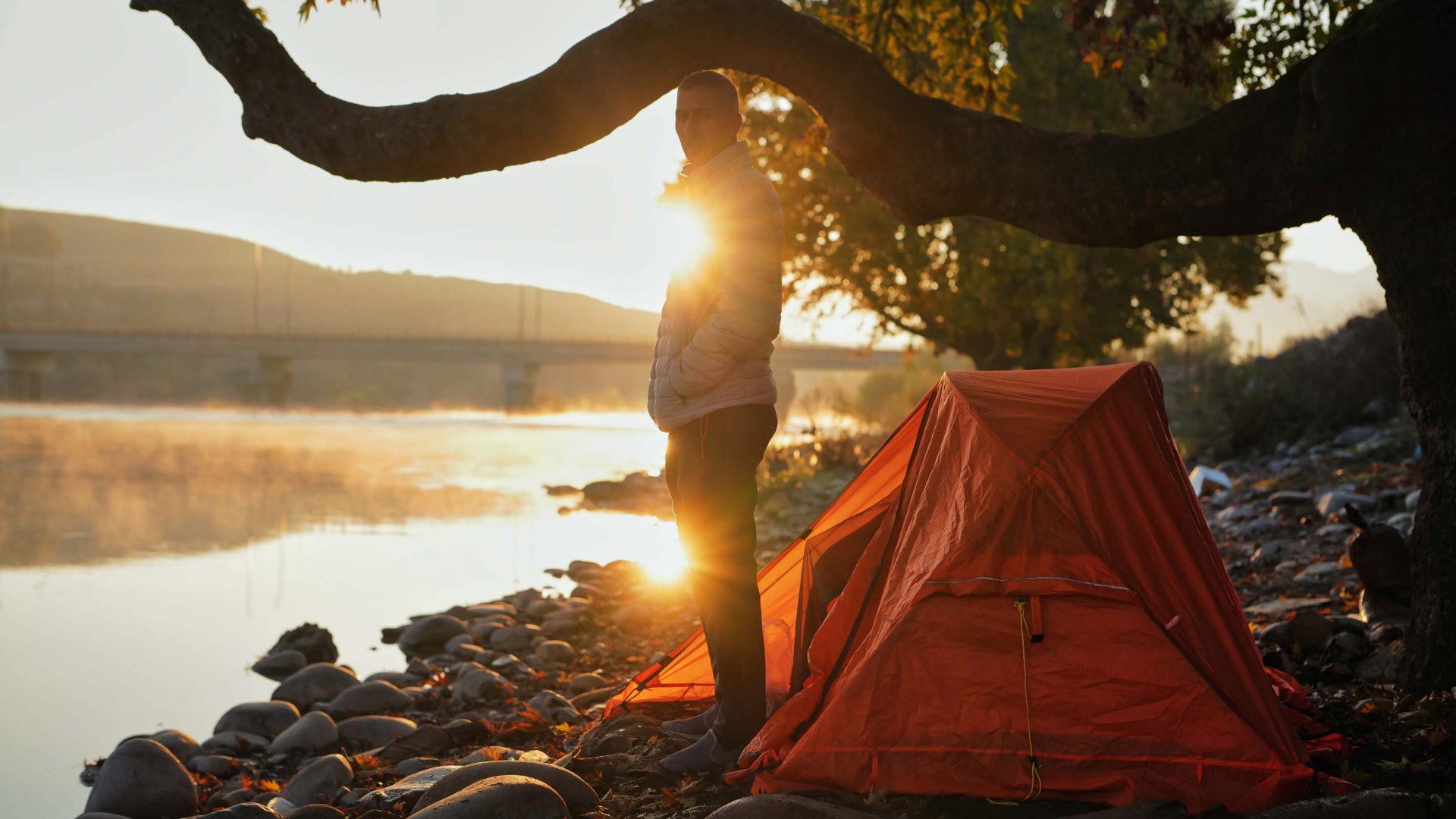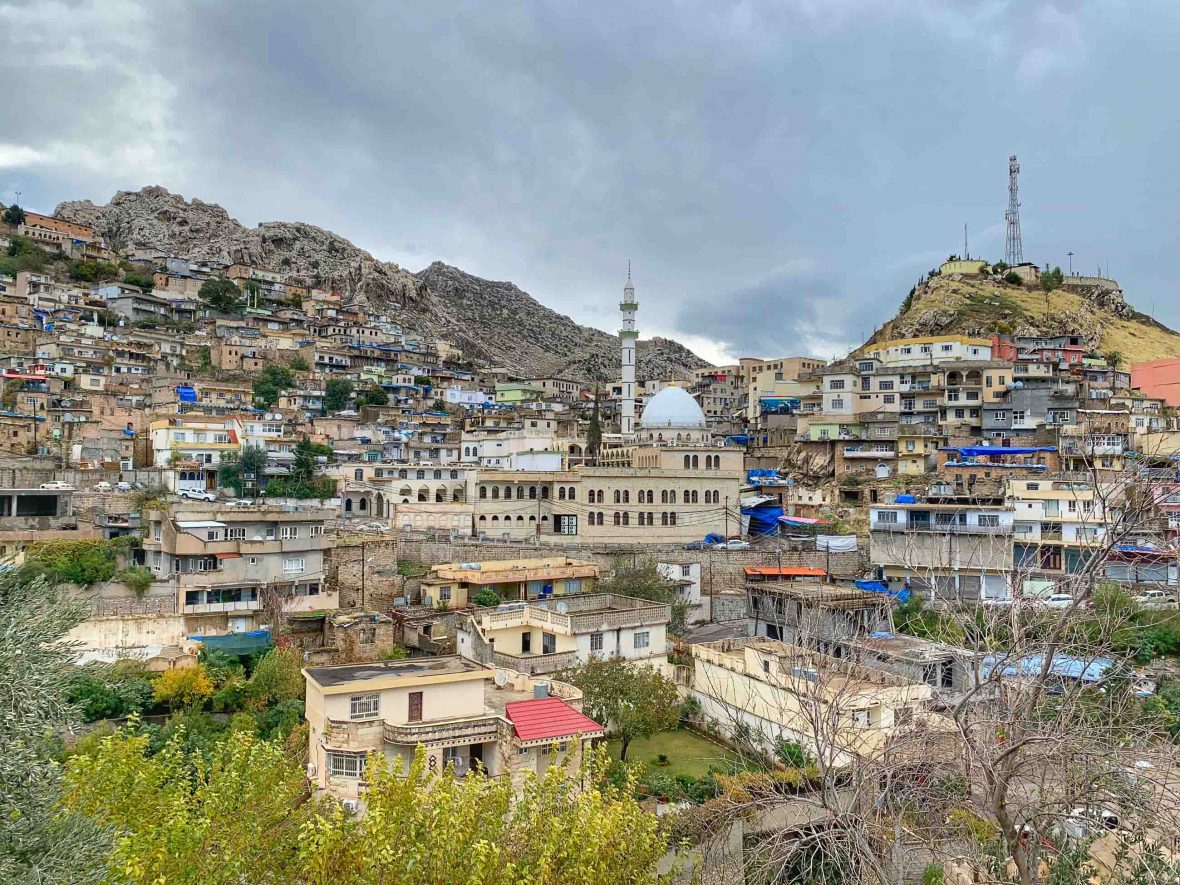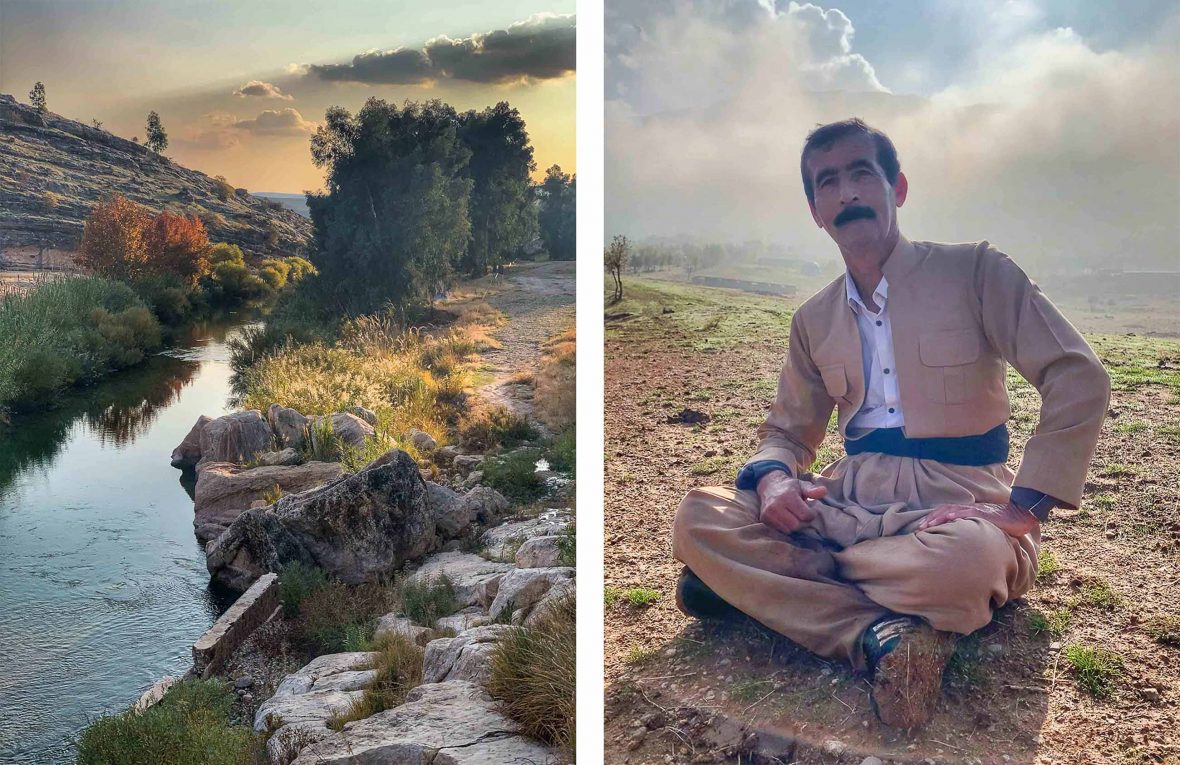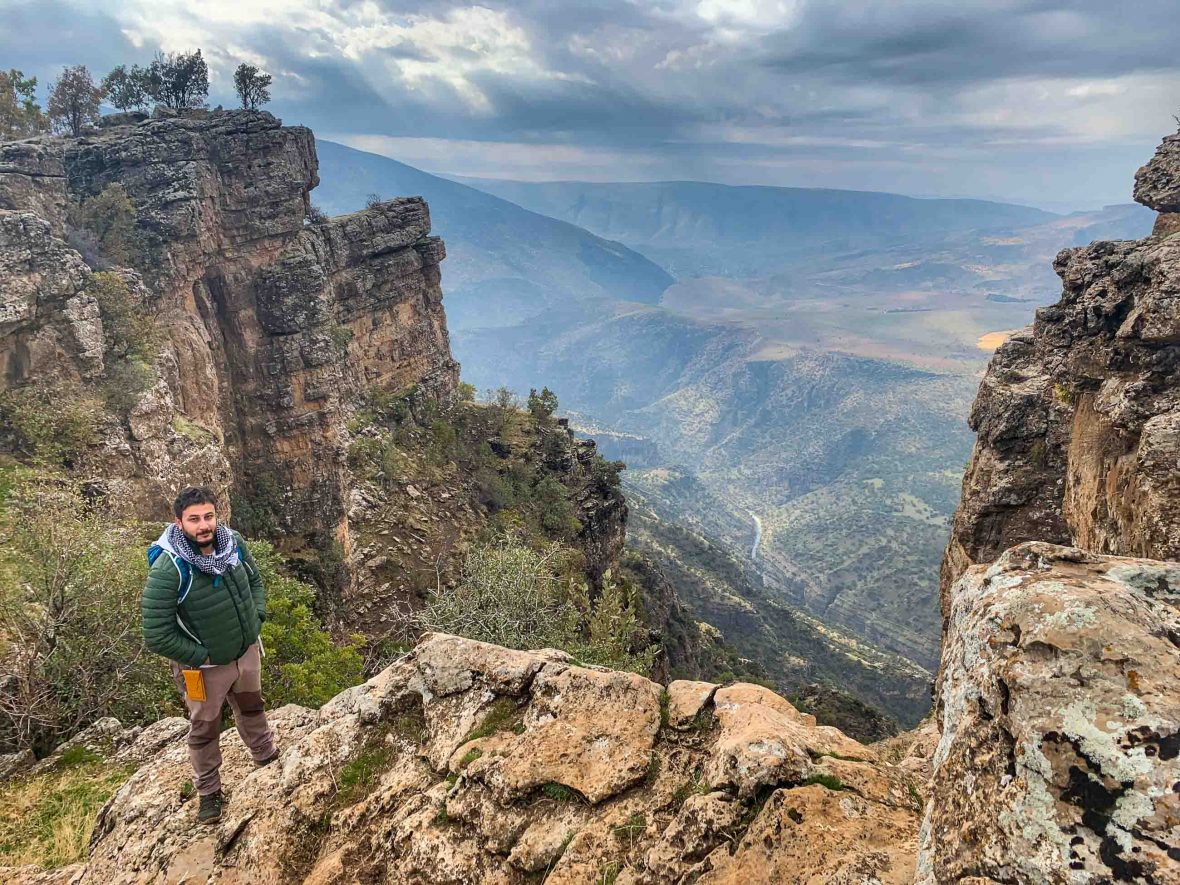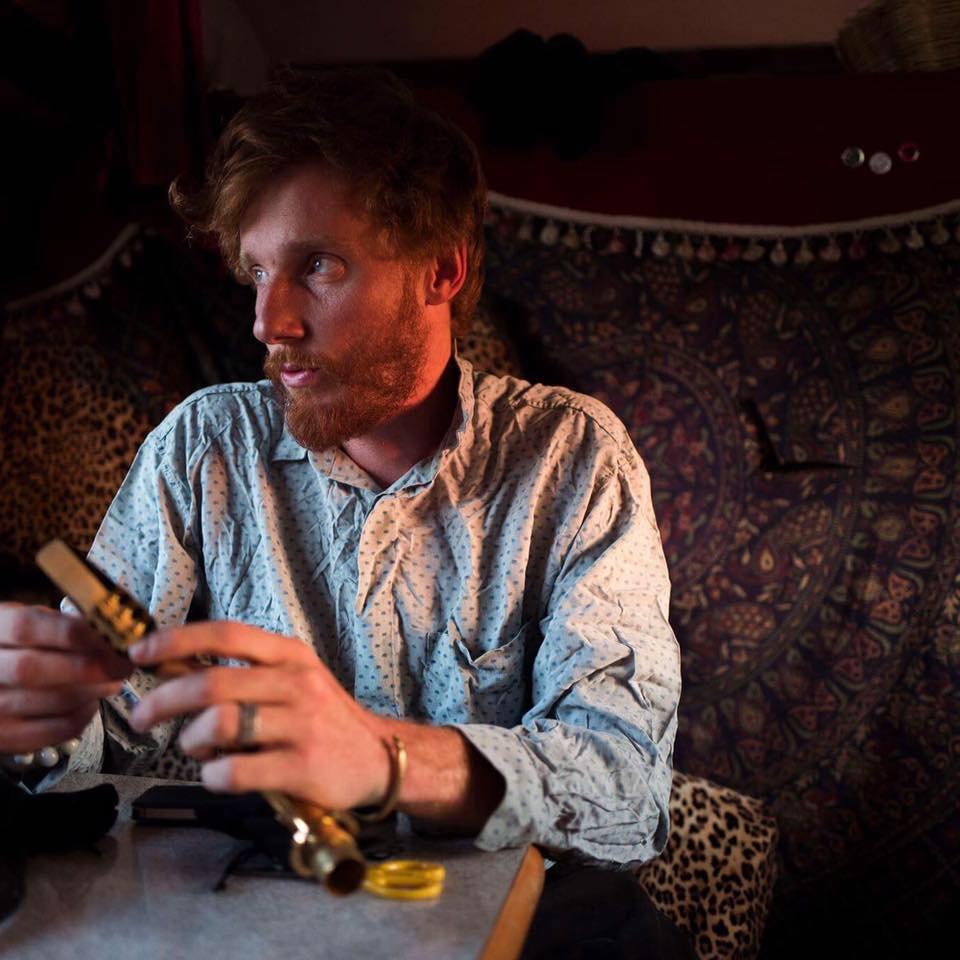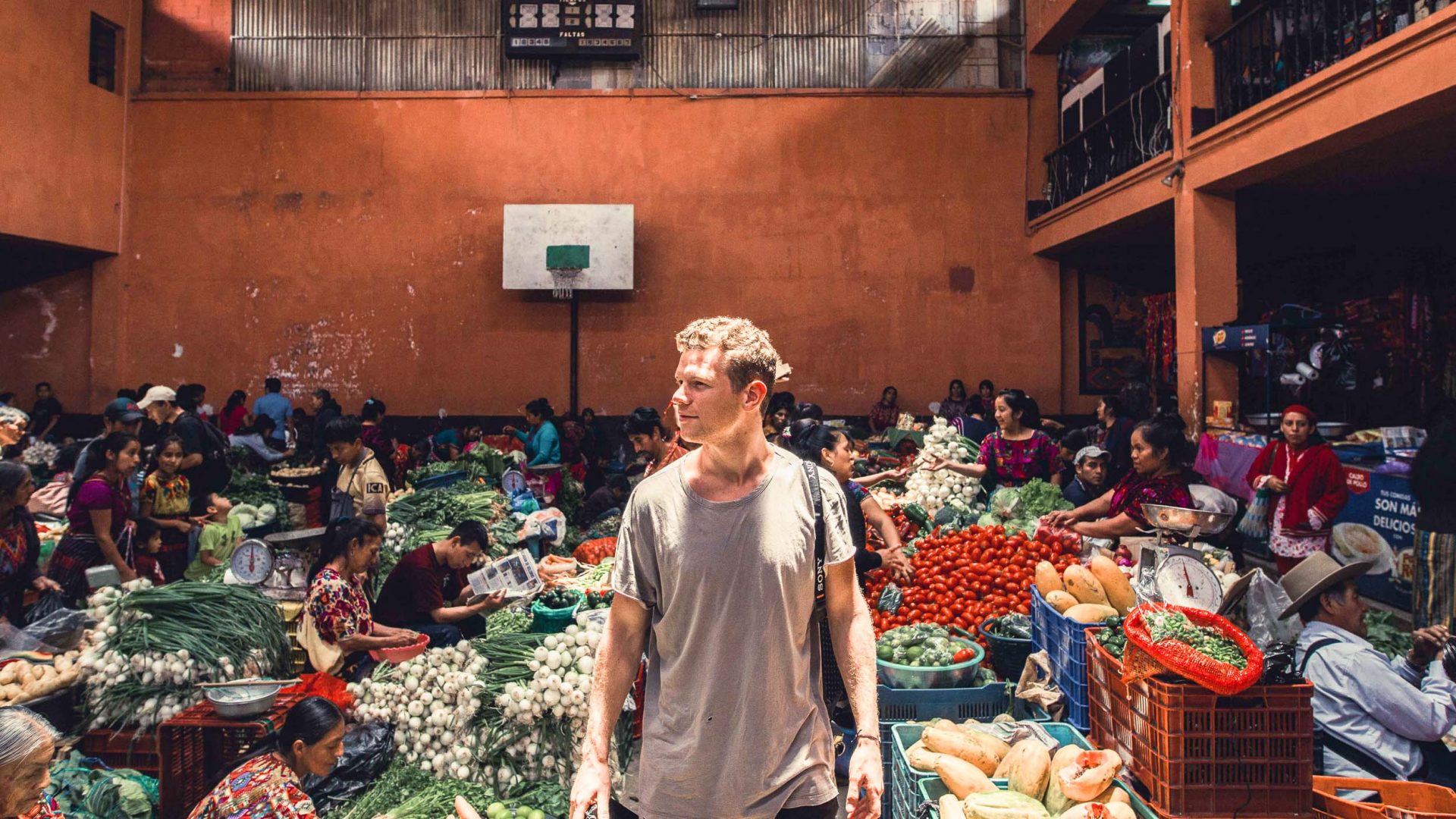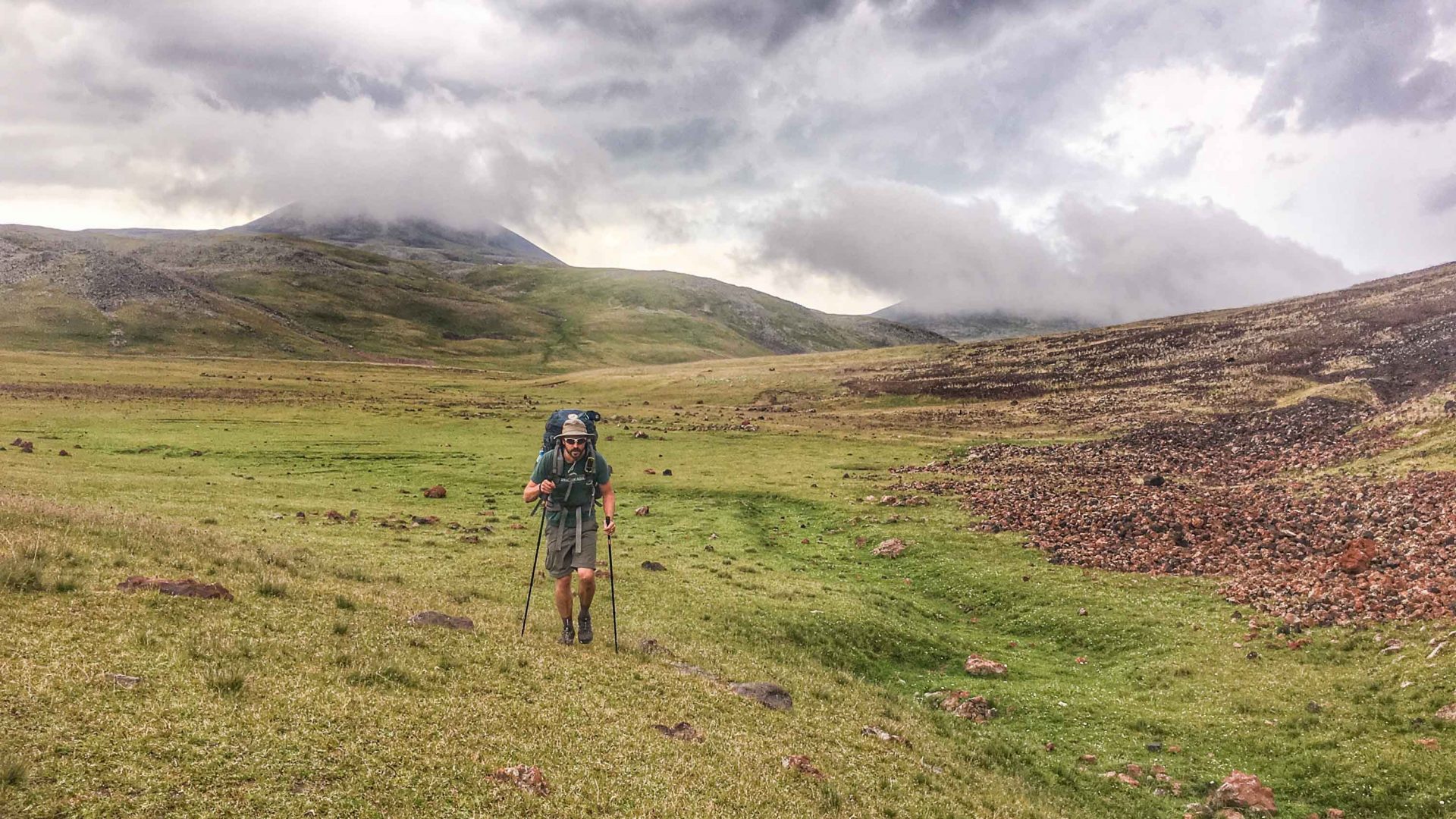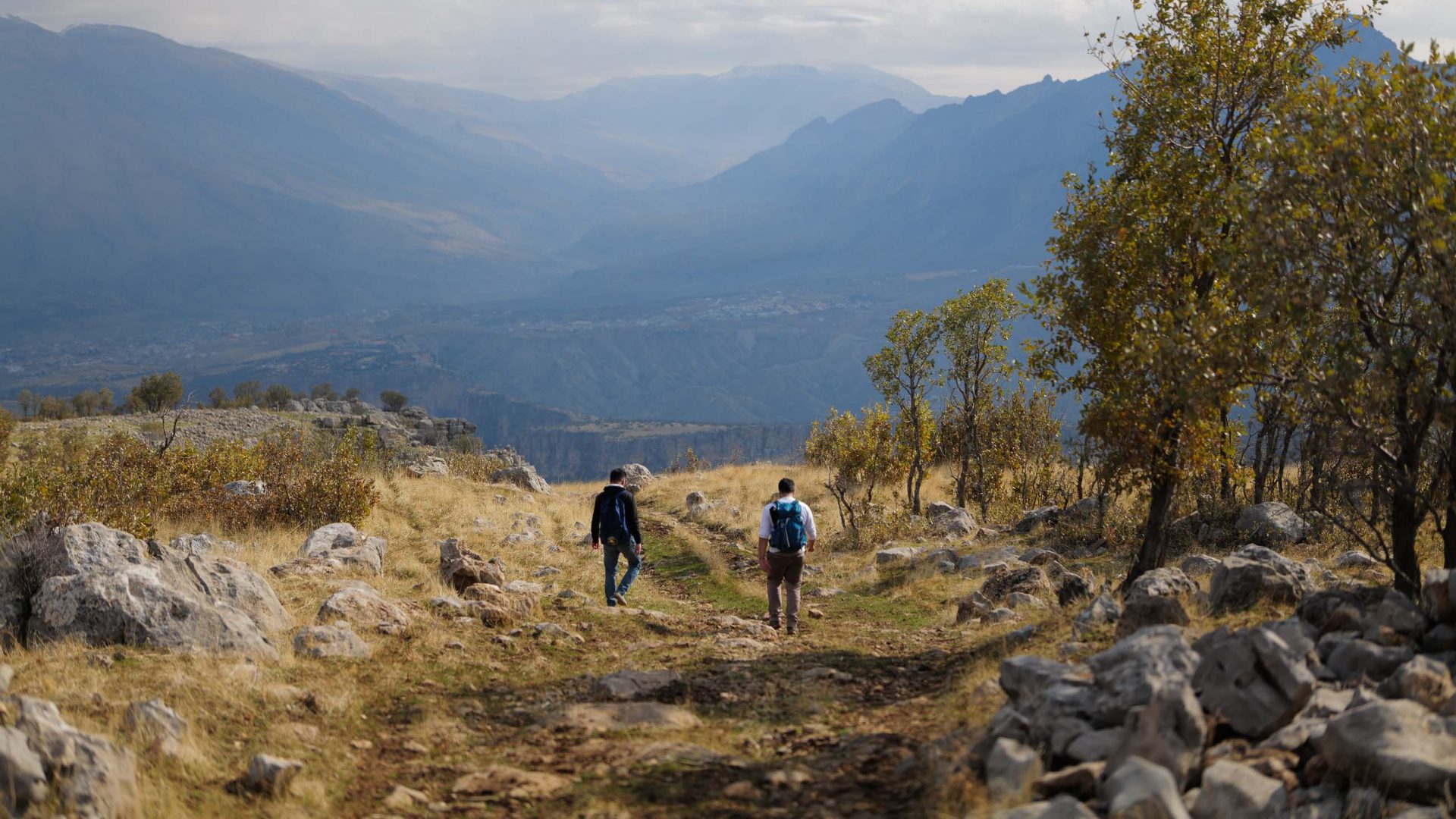
Since 2017, filmmaker and adventurer Leon McCarron has been helping to design a hiking trail across Iraqi Kurdistan. But his work was halted due to the pandemic and lockdown. He recounts his return to life there, the effect of COVID-19 on local communities, and nature’s chance to heal.
It was one evening in January 2020 that I first took notice of news filtering through from Wuhan, paying some but not full attention. I was in the Kurdistan region of northern Iraq at the time, and that day, I’d driven for three hours from the region’s capital, Erbil to Sulaymaniyah in the east. It was so cold, the rain was turning to snow, but with a small group we’d made for the mountains, clambering over narrow trails, past caves, canyons and waterfalls.
Since 2017, I’ve been working with my friend and colleague Laween Mohammed to design a long-distance hiking trail across this region. With the backing of an American NGO, the Abraham Path Initiative, we’ve walked around 800 miles, stitching together ancient footpaths that have borne traders, pilgrims, armies and shepherds through the Zagros Mountains. In autumn 2019, I moved to Erbil on a more permanent basis.
But just six weeks on from that cold night in the mountains, I was back in the UK delivering lectures on developing hiking trails in central China. As I dispensed wildly optimistic advice to help walkers plan their visits, my own window for traveling was closing. The pandemic became global and international borders closed. The idea of hiking trails, lecture tours, or even conversations with strangers, became almost impossible to imagine. My poorly-timed visit to the UK meant I was now locked down thousands of miles from the trail.

